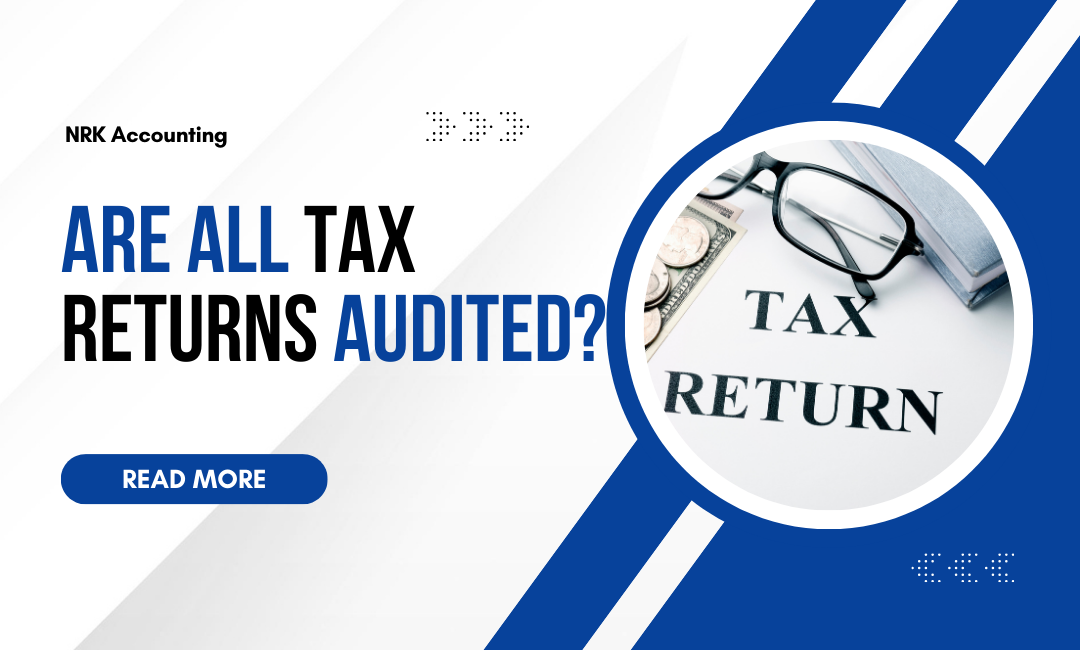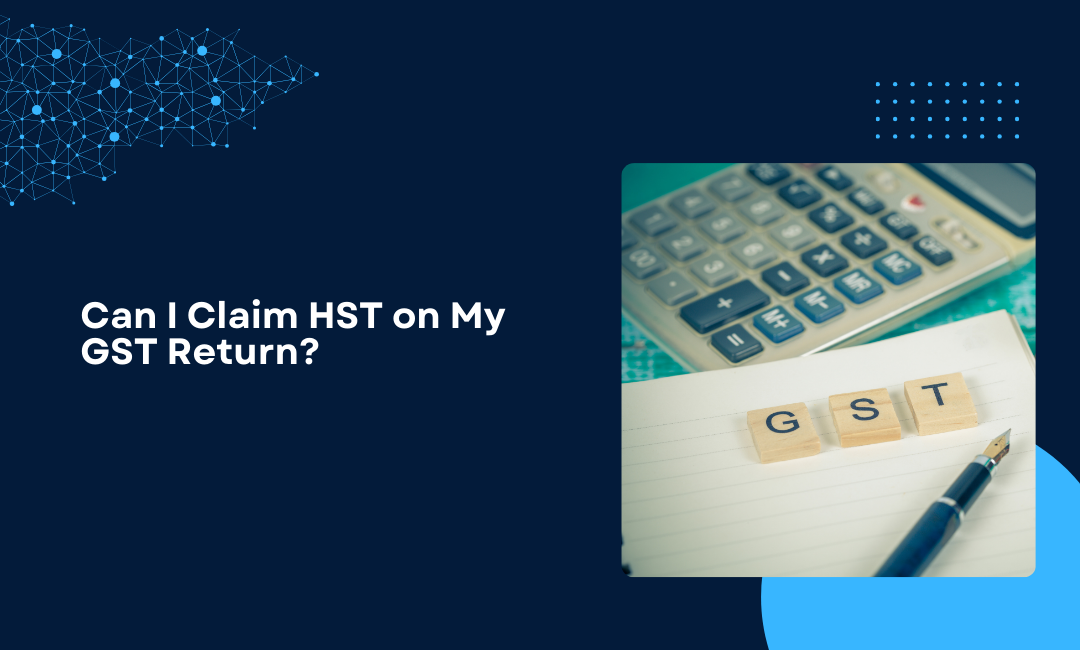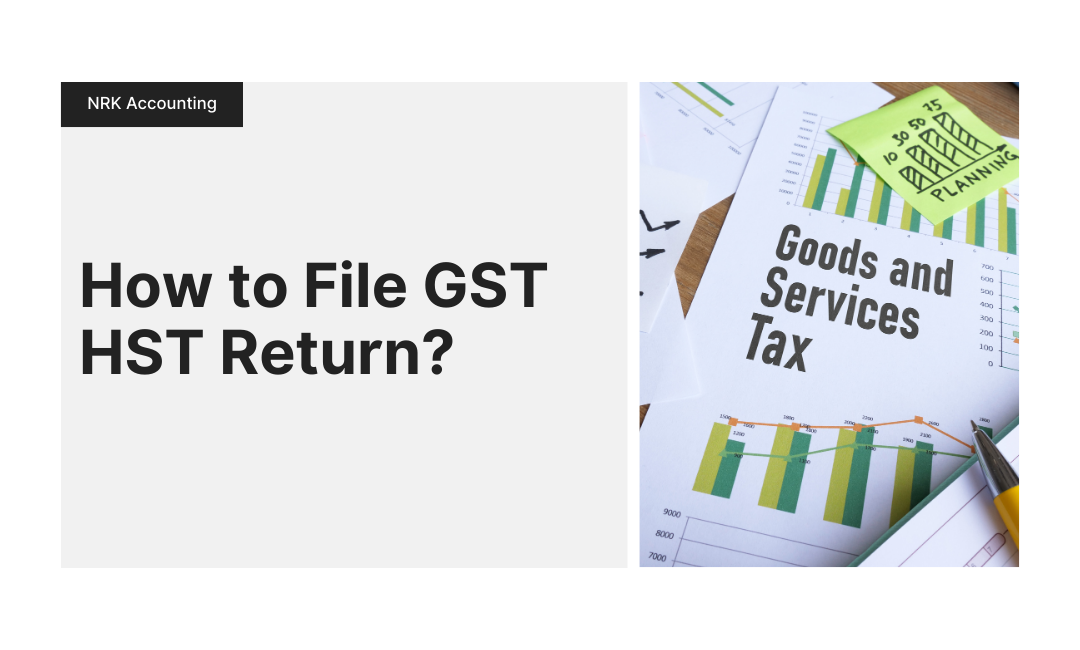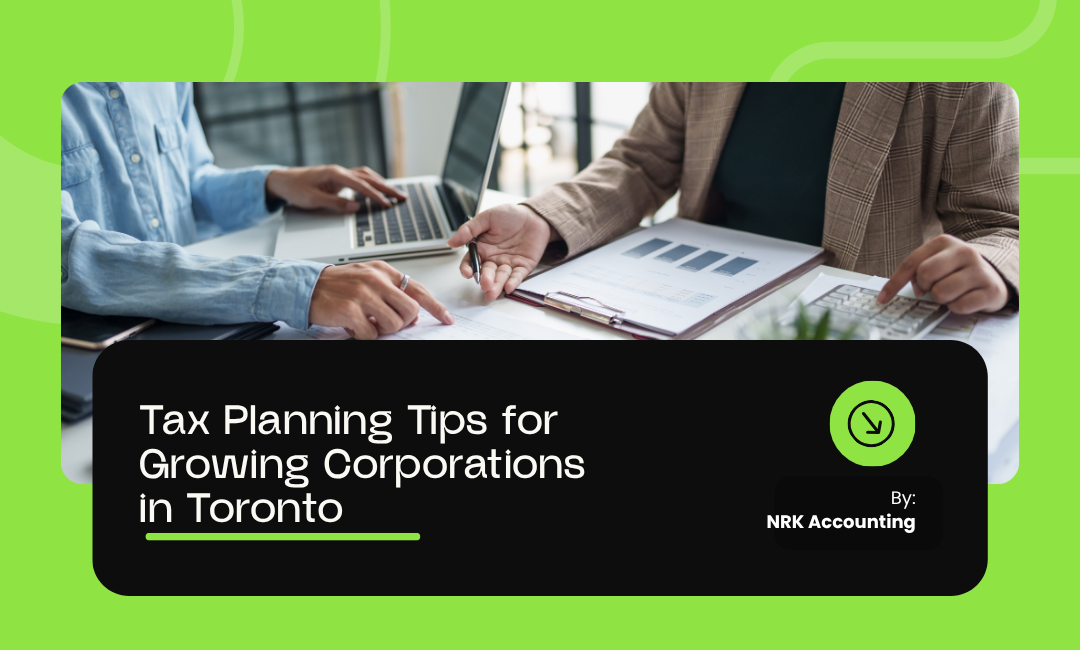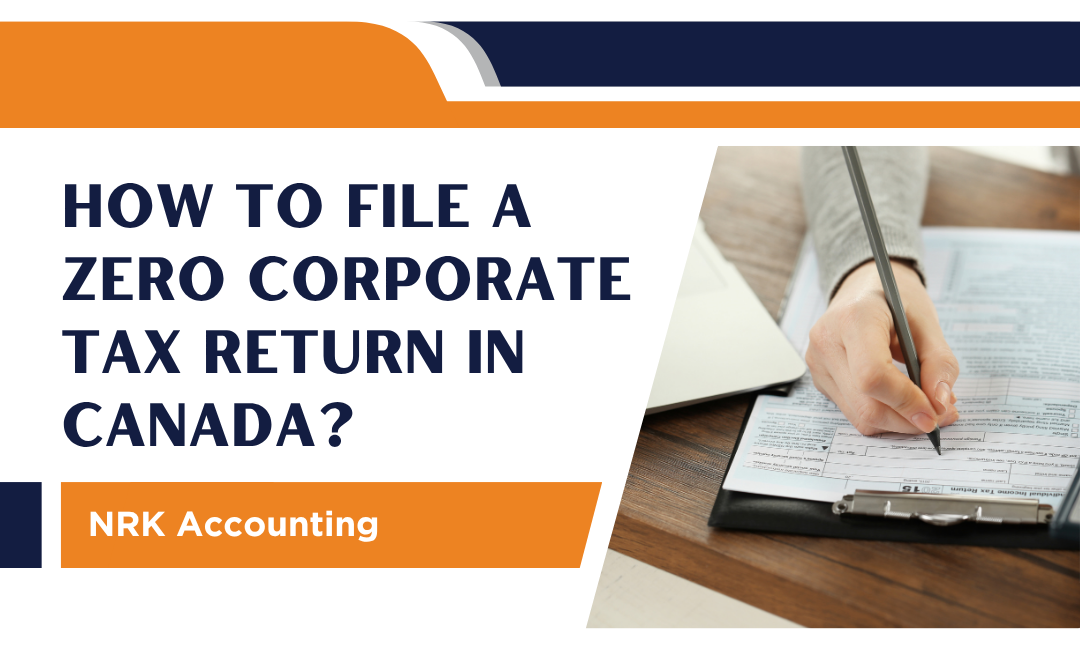Are All Tax Returns Audited? The Truth About CRA’s Selection Process
That sinking feeling when you see “Canada Revenue Agency” in your mailbox? Relax. Despite what your anxious brain tells you at 2 AM, the CRA doesn’t audit every single tax return that crosses their desk. In fact, less than 1% of individual returns face a full audit each year.
But here’s where it gets interesting: certain triggers can bump your chances from “winning lottery odds” to “maybe I should worry.” Whether you’re filing your first return or your fiftieth, understanding how the CRA picks its audit targets can save you sleepless nights and potential penalties.
Here’s what we’re covering:
- Which specific red flags catch CRA’s attention (and which don’t)
- The actual audit selection process and your real statistical risk
- Common mistakes that accidentally trigger reviews
- Practical steps to audit-proof your return before filing
We’ve helped Toronto businesses and individuals navigate CRA audits for years at NRK Accounting. Our team knows exactly what triggers reviews because we’ve defended against them. Plus, we’re open 7 days a week when you need that peace of mind.
Which Red Flags Catch CRA’s Attention (And Which Don’t)
The CRA’s computer systems are like bloodhounds — they’re trained to sniff out patterns that just don’t add up. But before you panic about that home office deduction, let’s separate real audit triggers from paranoid myths.
The Heavy Hitters That Actually Matter:
Your income suddenly drops by 50% while your lifestyle expenses stay the same? That’s a red flag. Claiming $30,000 in “other expenses” with zero documentation? You’ve basically sent the CRA an invitation.
Here’s what genuinely catches their attention:
- Inconsistent reporting between your T-slips and what you file
- Business losses year after year (especially against employment income)
- Rental property expenses that dwarf your rental income
- Foreign income that mysteriously appears and disappears
The Stuff You’re Worrying About (But Shouldn’t):
Taking legitimate deductions won’t trigger an audit. Neither will filing late once, claiming childcare expenses, or having a side hustle. The CRA expects these things.
What matters is accuracy and consistency. We see clients stress about claiming their actual vehicle expenses when they should worry more about keeping proper mileage logs. Documentation beats paranoia every time.
The Actual Audit Selection Process and Your Real Statistical Risk
Here’s how the CRA really picks who gets audited — it’s less “throwing darts at a board” and more calculated science.
Their system runs every return through risk-assessment software that scores you based on dozens of factors. High scores get flagged for human review. Think of it like a credit score, but for audit risk. The process breaks down into three main categories:
- Random selection: Yes, some audits are pure bad luck (about 0.5% chance)
- Targeted campaigns: CRA focuses on specific sectors each year
- Algorithm triggers: Unusual patterns compared to similar taxpayers
Your actual risk? For employed individuals earning under $100,000, it’s roughly 0.4%. Self-employed? That jumps to 2-3%. Cash-heavy businesses like restaurants face 4-5% odds.
But here’s what most people miss: even when selected, 60% of “audits” are just verification letters asking for receipts. Full audits are rare unless you’ve seriously messed up.
Common Mistakes That Accidentally Trigger Reviews
Sometimes, honest taxpayers wave red flags without realizing it. These rookie mistakes can turn a routine filing into an audit headache.
The Classic Blunders:
Rounding every expense to the nearest hundred screams, “I’m guessing.” So does claiming 100% business use on your personal vehicle. The CRA knows you drove to Costco at least once.
Watch out for these accidental triggers:
- Mismatched addresses between employer T4s and your return
- Forgetting to report investment income (even $50 matters)
- Claiming the same dependent as your ex-spouse
- Missing GST/HST numbers on rental expenses
The Sneaky One Nobody Talks About:
Dramatic year-over-year changes without explanation. Your charitable donations jumped from $200 to $5,000? The algorithm notices. Your business expenses doubled, but revenue stayed flat? That’s getting flagged.
Pro tip: Include a brief note explaining major changes. “Started working from home due to job change” can prevent months of back-and-forth.
Practical Steps to Audit-Proof Your Return Before Filing
You can’t guarantee zero audit risk, but you can make your return so clean that auditors move on to easier targets. Think like an auditor — what would make you suspicious?
Before You Even Start:
Organize receipts by category now, not during an audit. Create a simple spreadsheet tracking:
- Business kilometres with dates and destinations
- Home office measurements and calculations
- Equipment purchases with business-use percentages
The Pre-Filing Checklist:
Run these checks before hitting submit:
- Match every T-slip against your records
- Ensure expenses align with industry averages (CRA publishes these)
- Double-check math — calculation errors trigger automatic reviews
- Compare against last year for dramatic changes
Documentation That Saves You:
Keep these for six years minimum:
- Bank statements showing income deposits
- Credit card statements for expenses claimed
- Contracts proving business relationships
- Logs for vehicle and home office use
Smart move? Getting a professional review before filing. We catch issues the CRA’s system will flag — those foreign income forms (T1135), especially. One missed checkbox can trigger unnecessary scrutiny.
Remember: the goal isn’t avoiding legitimate deductions. It’s presenting them properly, so there’s nothing to question.
Tax Audit Worries? Get Peace of Mind with NRK Accounting
The truth is, most tax returns fly under the CRA’s radar. Now you know what actually triggers audits versus what’s just paranoia. Focus on accuracy, keep solid records, and those 2 AM worry sessions can finally stop.
Key takeaways:
- Less than 1% of returns face full audits — your odds are better than you think
- Real red flags involve inconsistent reporting and undocumented claims, not legitimate deductions
- Most “audits” are simple verification letters, not full investigations
- Proper documentation and consistency matter more than playing it safe with deductions
Whether you’re filing solo or need backup, having experts who understand CRA’s selection process changes everything. NRK Accounting handles audit defence daily — we know exactly what triggers reviews and how to prevent them. Book a free consultation and file with confidence this tax season.

